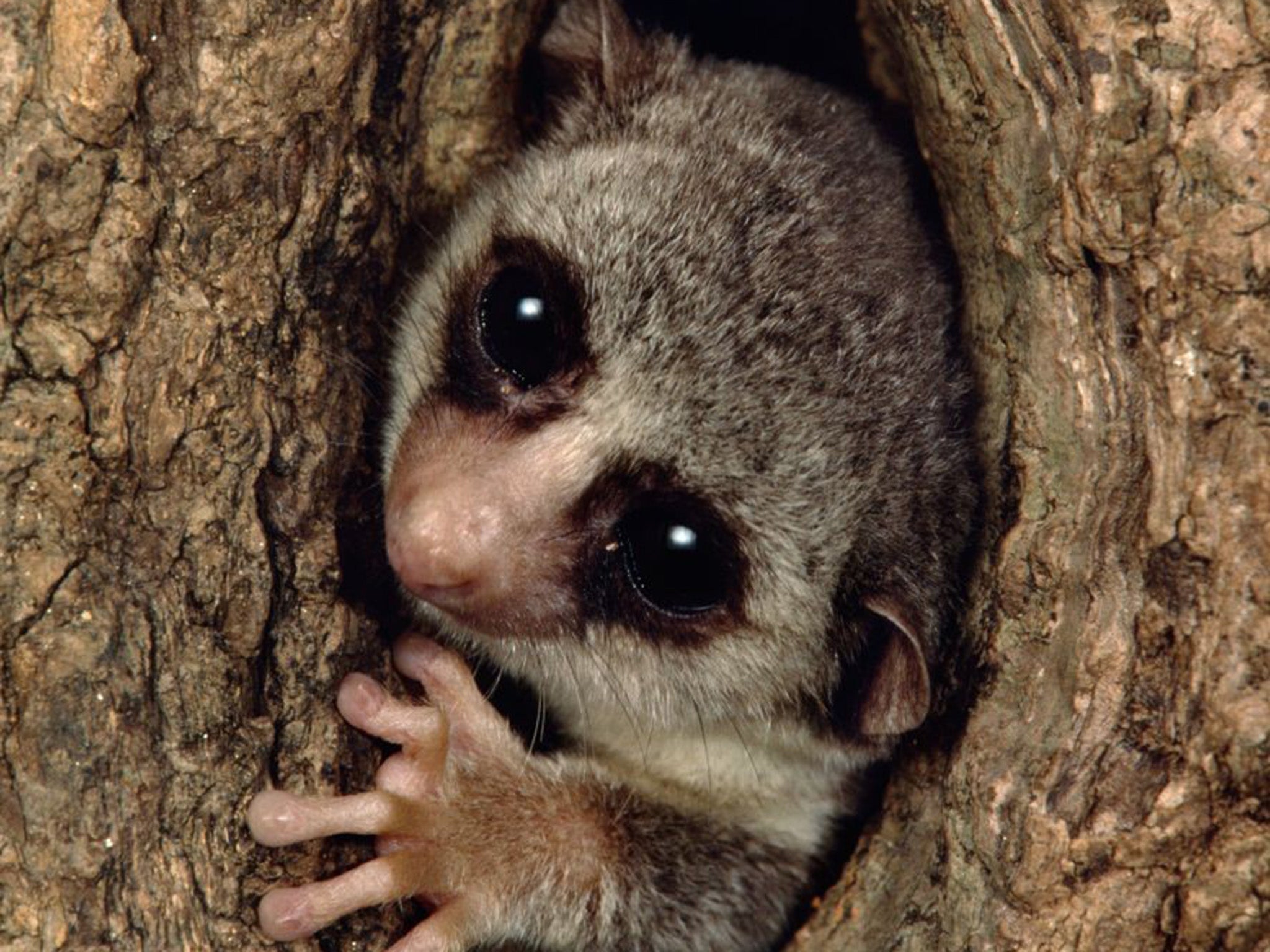Nearly every species of lemur at risk of extinction with hunting for restaurant food and habitat loss blamed
Madagascan animal is world's most endangered primate

Your support helps us to tell the story
From reproductive rights to climate change to Big Tech, The Independent is on the ground when the story is developing. Whether it's investigating the financials of Elon Musk's pro-Trump PAC or producing our latest documentary, 'The A Word', which shines a light on the American women fighting for reproductive rights, we know how important it is to parse out the facts from the messaging.
At such a critical moment in US history, we need reporters on the ground. Your donation allows us to keep sending journalists to speak to both sides of the story.
The Independent is trusted by Americans across the entire political spectrum. And unlike many other quality news outlets, we choose not to lock Americans out of our reporting and analysis with paywalls. We believe quality journalism should be available to everyone, paid for by those who can afford it.
Your support makes all the difference.Almost every species of lemur is at risk of extinction, making it the world’s most endangered primate, scientists have warned.
The destruction of their tropical forest habitat in Madagascar, caused by illegal tree logging, charcoal production and mining, is the chief cause.
But the round-eyed primates are also being increasingly hunted by humans for restaurant food.
And some are captured for the pet trade.
More than 100 types of lemur – 95 per cent of all known the species and subspecies – are likely to be critically endangered, endangered, or vulnerable to extinction in the wild, the conservationists believe.
Dozens of experts in primate conservation from around the world have reviewed the conservation status of the 111 species and subspecies of lemurs, all native to Madagascar, and provide updated assessments for the IUCN Red List of extinctions.
Russ Mittermeier, from the charity Global Wildlife Conservation, said the group’s findings highlighted “the very high extinction risk to Madagascar's unique lemurs" and was "indicative of the grave threats to Madagascar biodiversity as a whole".
“This is, without a doubt, the highest percentage of threat for any large group of mammals and for any large group of vertebrates,” he said.
Professor Christoph Schwitzer from Bristol Zoological Society and deputy chairman of the Primate Specialist Group, told the BBC: "More and more, we are seeing unsustainable levels of lemur poaching.
"We see commercial hunting as well – probably for local restaurants. And this is a new phenomenon for Madagascar – we didn't see it at this scale 15 years ago."
The findings will go through a peer review process before the Red List is officially updated to reflect them.
The IUCN already has a "lemur action plan" to save the animals, which includes protecting habitats where the most threatened species live and tackling poverty through ecotourism schemes to help local people to avoid hunting the animals.
Join our commenting forum
Join thought-provoking conversations, follow other Independent readers and see their replies
Comments